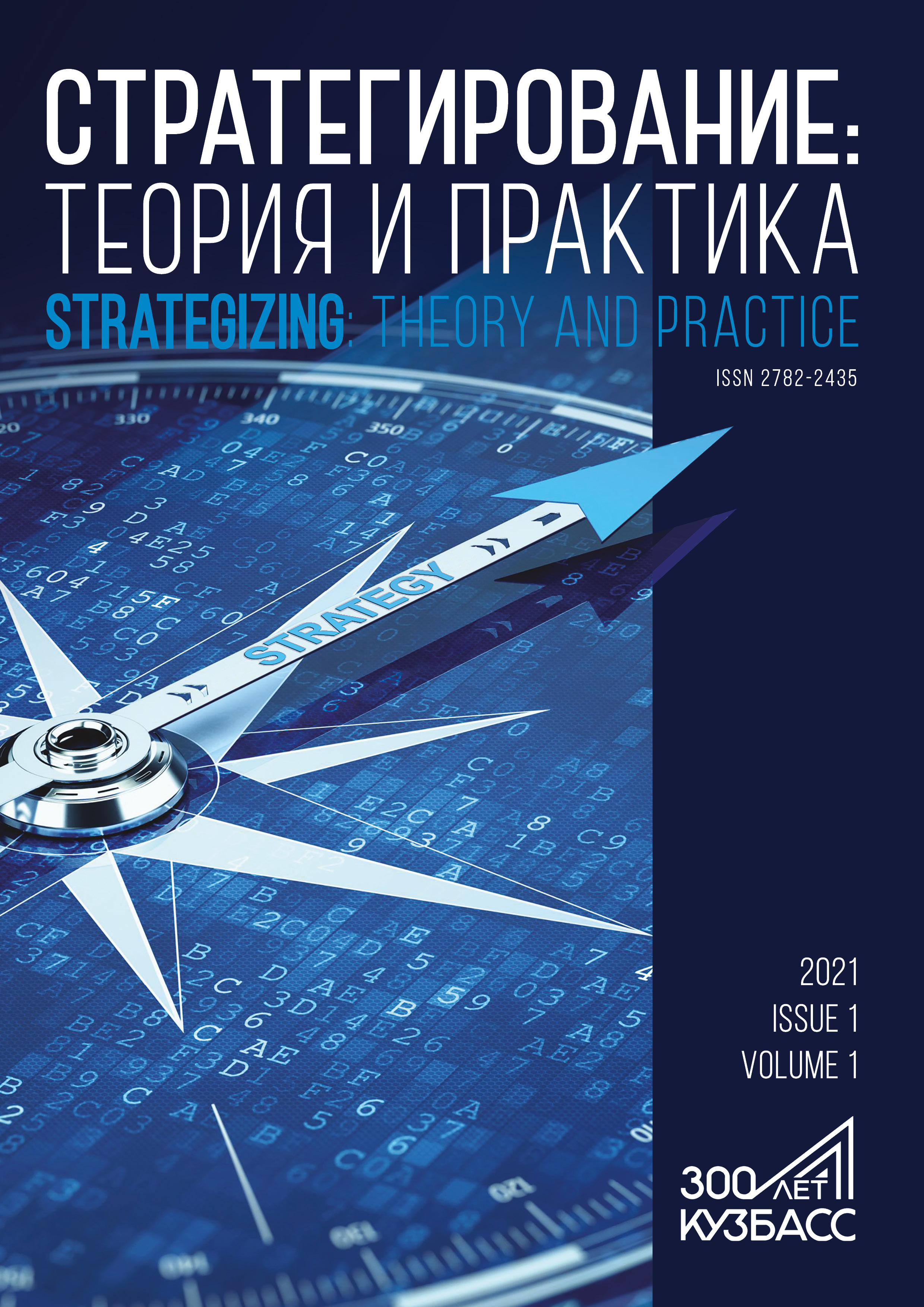from 01.01.2020 until now
Vladivostok, Russian Federation
Introduction. Digital technologies are a strategically important trend that affects numerous areas of research and practice. They can provide a strategic competitive advantage in any industry, including fishery. The search for new solutions for the functioning of the agricultural industry is aimed at strategic global leadership in a number of areas, one of which is the traceability of fishery products. Study objects and methods. The present research featured the application of blockchain technology in the Russian fishery. It was based on Professor V.L. Kvint’s strategizing method taking into account industry specifics. Results and discussion. The study revealed the increasing importance of sustainable development in the fisheries sector and the need to meet consumer demand for information about the origin of the fish-based product. The article introduces strategic priorities and opportunities of blockchain technology in this industry. Conclusion. The contemporary fisheries sector requires a technological and logistics complexity in order to provide sustainable high-quality competitive products, and blockchain is a modern technology that corresponds to strategically significant trends and is able to boost the development of Russian fishery.
innovations, strategizing, blockchain, fishery complex
1. Garina IO. Methodical approach the development of blockchain structured digital twin in machine-building. Modern High Technologies. 2020;(11-1):5-20. (In Russ.) https://doi.org/10.17513/snt.38331
2. Kvint VL, Bodrunov SD. Strategirovanie transformatsii obshchestva: znanie, tekhnologii, noonomika [Strategizing the transformation of society: knowledge, technology, noonomics]. St. Petersburg: INID n. a. S.Yu. Vitte; 2021. 351 p. (In Russ.)
3. Kvint VL, Okrepilov VV. The role of quality in the birth and development of global emerging market. Economics and Management. 2011;67(5):3-21. (In Russ.)
4. Kvint VL. To the analysis of the formation of a strategy as a science. Vestnik TSEHMI [Bulletin of the Central Institute of Economics and Mathematics]. 2018;(1). (In Russ.) https://doi.org/10.33276/S0000121-6-1
5. Kosyrew AA. Competition as an economic phenomenon: the main directions of research. Administrative Consulting. 2014;70(10):29-35. (In Russ.)
6. Lypnytskyi DV. Opportunities and challenges of blockchain in Industry 4.0. Economy of Industry. 2019;85(1):82-100. (In Russ.) https://doi.org/10.15407/econindustry2019.01.082
7. Shkarina TYu, Repina IB, Nabokova AA, Chudnova OA. Mezhdunarodnye printsipy standartizatsii [In-ternational principles of standardization]. Vladivostok: Far Eastern Federal University; 2017. 99 p. (In Russ.)
8. Piters T. Strategiya sovershenstva. Kak dobitʹsya uspekha v ehpokhu peremen i iskusstvennogo intel-lekta [Perfection strategy. How to succeed in an age of change and artificial intelligence]. Moscow: MIF; 2020. pp. 310-367. (In Russ.)
9. Reymond M. Issledovanie trendov. Prakticheskoe rukovodstvo [Practical guide to trend research]. Moscow: MIF; 2020. 240 p. (In Russ.)
10. Sergeev I. Ispolʹzovanie tekhnologii blokcheyn pri monitoringe logisticheskikh operatsiy v tsepyakh postavok [The use of blockchain technology in monitoring logistics operations in supply chains]. Logistics. 2019;153(8):36-42. (In Russ.)
11. Sytova MV, Vafina LKh, Abramova LS. General provisions of traceability systems for food fish prod-ucts on the territory of the Russian Federation. Trudy VNIRO. 2015;154:105-111. (In Russ.)
12. Tapskott D, Tapskott A. Tekhnologiya blokcheyn: to, chto dvizhet finansovoy revolyutsiey segodnya [Blockchain technology: the current drivers of the financial revolution]. Moscow: Ehksmo; 2017. 448 p. (In Russ.)
13. HBR guide to thinking strategically. Boston: Harvard Business Review Press; 2019. 304 p.
14. Kim HM, Laskowski M. Toward an ontology-driven blockchain design for supply-chain provenance // Intelligent Systems in Accounting, Finance and Management. 2018;25(1):18-27. https://doi.org/10.1002/isaf.1424
15. Kozyrev AA. Work and competition in the digital age. St. Petersburg: Strata; 2019. 130 p.
16. Pawlak M, Guziur J, Poniszewska-Marańda A. Voting process with blockchain technology: Auditable blockchain voting system. In: Xhafa F, Barolli L, Greguš M, editors. Advances in intelligent networking and collaborative systems. Cham: Springer; 2018. pp. 233-244. https://doi.org/10.1007/978-3-319-98557-2_21
17. The state of world fisheries and aquaculture 2020. Rome: FAO; 2020. 244 p. https://doi.org/10.4060/ca9229en
18. Tripoli M, Schmidhuber J. Emerging opportunities for the application of blockchain in the agri-food in-dustry. Rome, Geneva: FAO and ICTSD; 2020. 46 p.





